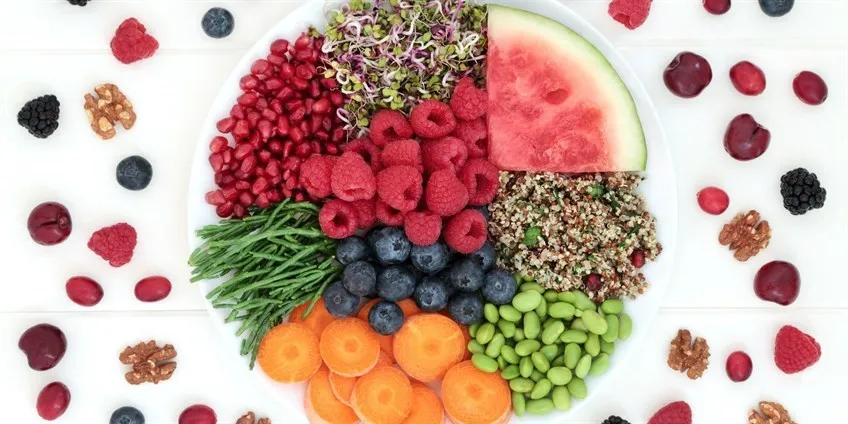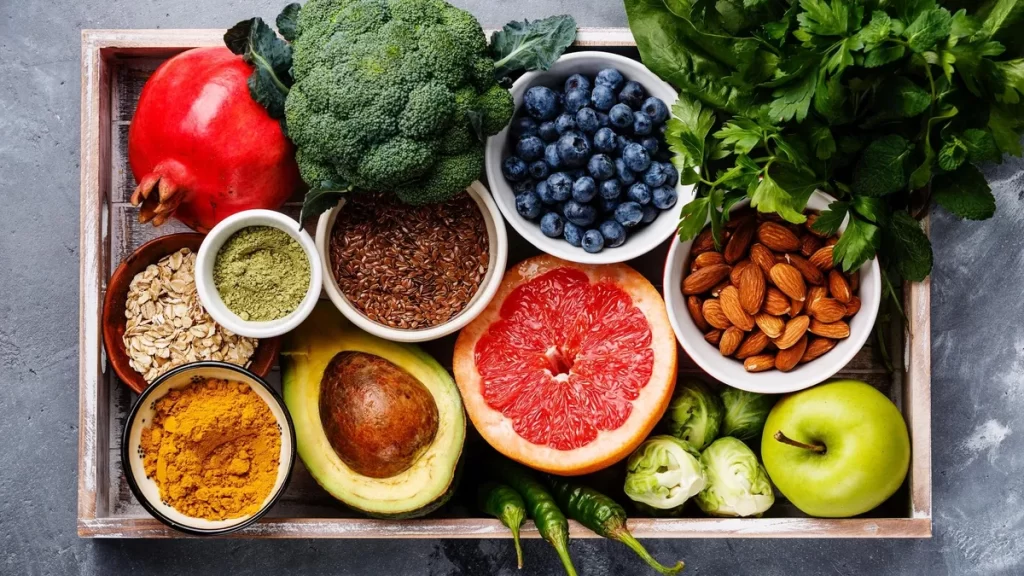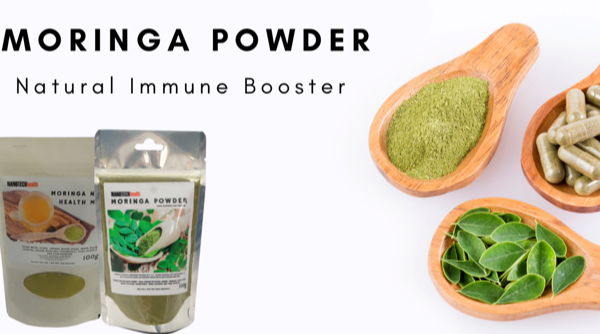Introduction
What if I told you that living a healthy lifestyle is not as complex as it seems? What if there is a road map, a guide, to achieving that perfect balance between physical and mental health? That’s right! This blog will unveil the 10 empowering steps to help you embrace a vibrant, healthy lifestyle. Let’s start our journey towards wellness!
Table of Contents
How To Live A Healthy Lifestyle
A healthy lifestyle is not just about what you eat or how much you exercise; it’s also about maintaining a balanced and positive state of mind. It’s about taking small, consistent steps that lead to sustainable changes. It’s about making a conscious choice every day to put your health and wellbeing first.

What is Nutrition
Nutrition, in its simplest form, is the intake of food considered in relation to the body’s dietary needs. It’s not just about eating; it’s about nourishing your body with the right kind of food to support its growth, development, and overall health. Nutrition is the foundation of a healthy lifestyle.
Your Path to Living a Healthy Lifestyle
The path to a healthy lifestyle starts with understanding and applying the principles of nutrition. This includes balancing your acid and alkaline foods, removing junk food from your diet, and ensuring your body receives essential nutrients like fatty acids, vitamins, minerals, and trace minerals.
For Healthy Living, Balance Your Acid and Alkaline Foods
Have you ever thought about the pH level of the foods you consume? Balancing acid and alkaline foods is crucial for maintaining a healthy body pH. This balance promotes optimal functioning of your body systems and helps in preventing diseases.
A List of Acid and Alkaline Foods
The key to balancing acid and alkaline foods is to know which foods fall into which category. Alkaline foods include most fruits, vegetables, and nuts. Acidic foods, on the other hand, include meat, poultry, fish, dairy, eggs, grains, and alcohol.
Common Acid Residue Foods
Some common acid residue foods are processed cereals, wheat products, peanuts, walnuts, pasta, and rice. While these foods are not bad per se, the key is moderation and balance in your diet.
For a Healthier Life, Remove Junk Food From Your Diet
If you are serious about living a healthy lifestyle, it’s time to say goodbye to junk food. These foods are typically high in unhealthy fats, sugars, and salt, contributing to obesity, heart disease, diabetes, and other health issues.

Change Your Lifestyle Habits, Eat A Healthy Balanced Diet
Substitute junk food with whole foods rich in Essential Fatty Acids (EFA) Omega 3 and 6 Oils, Vitamins, Minerals, and Trace Minerals. This is the cornerstone of a healthy lifestyle.
Essential Fatty Acids (EFA) Omega 3 and 6 Oils, Vitamins, Minerals and Trace Minerals
These nutrients are the building blocks of a healthy body. They support brain function, cell growth, and protect against diseases. They are essential for your body and must be included in your diet.
Digestion: How It Affects Healthy
Living and How to Improve It
Digestion plays a crucial role in maintaining a healthy lifestyle. Poor digestion can lead to bloating, constipation, and even malabsorption of nutrients. Improving your digestion involves eating fiber-rich foods, staying hydrated, and practicing mindful eating.
How to Live A Healthy Lifestyle and Prevent Diseases
A healthy lifestyle is your best defense against diseases. By adopting a balanced diet, regular exercise, stress management, and proper sleep, you can keep your immune system strong and reduce the risk of developing chronic illnesses.
Meal Suggestions to Help Prevent Common Illnesses
Here are some meal suggestions to help you prevent common illnesses and support a healthy lifestyle:
- Breakfast: Oatmeal with fresh berries, chia seeds, and a drizzle of honey
- Lunch: Grilled chicken salad with avocado, mixed greens, and a lemon vinaigrette
- Dinner: Baked salmon with quinoa and steamed vegetables
- Snacks: Greek yogurt with nuts or fresh fruit, hummus and veggie sticks
FAQ’s
What is a healthy lifestyle?
A healthy lifestyle is a way of living that promotes physical, mental, and emotional wellbeing through balanced nutrition, regular exercise, stress management, and proper sleep.
Why is a healthy lifestyle important?
A healthy lifestyle is important because it helps prevent diseases, boosts energy levels, improves mood, and enhances overall quality of life.
How can I start living a healthy lifestyle?
Start by making small, manageable changes to your daily routine, such as eating healthier meals, engaging in regular physical activity, managing stress, and getting enough sleep.
What are some examples of healthy habits?
Healthy habits include eating a balanced diet, exercising regularly, staying hydrated, practicing mindfulness, and prioritizing sleep.
What should I include in my diet for a healthy lifestyle?
Include a variety of fruits, vegetables, whole grains, lean proteins, and healthy fats in your diet to ensure you receive essential nutrients.
How much exercise should I do for a healthy lifestyle?
The American Heart Association recommends at least 150 minutes of moderate-intensity aerobic exercise or 75 minutes of vigorous-intensity aerobic exercise per week.
How can I improve my digestion?
Improve your digestion by eating fiber-rich foods, drinking plenty of water, and practicing mindful eating.
What are the benefits of a healthy lifestyle?
The benefits of a healthy lifestyle include increased energy, improved mental health, disease prevention, and an enhanced overall quality of life.
Are supplements necessary for a healthy lifestyle?
Supplements can be beneficial if you have specific nutrient deficiencies or cannot meet your nutritional needs through diet alone. However, it’s always best to consult with a healthcare professional before taking supplements.
How can I maintain a healthy lifestyle?
Maintaining a healthy lifestyle involves consistency, commitment, and making conscious choices that prioritize your health and wellbeing.
What are some common barriers to living a healthy lifestyle?
Common barriers include lack of time, limited access to healthy foods, lack of motivation, and financial constraints.
How can I overcome barriers to living a healthy lifestyle?
Identify the barriers and develop strategies to overcome them, such as meal planning, finding affordable healthy food options, and seeking support from friends or family.
What role does stress play in a healthy lifestyle?
Stress can negatively impact your physical and mental health, making it essential to practice stress management techniques for a healthy lifestyle.
What are some tips for managing stress?
Tips for managing stress include practicing mindfulness, engaging in physical activity, seeking social support, and setting realistic goals.
How does sleep contribute to a healthy lifestyle?
Adequate sleep supports mental health, boosts your immune system, and helps regulate hunger hormones. Aim for 7-9 hours of quality sleep each night for optimal health.
Can I live a healthy lifestyle even if I have a chronic illness?
Yes, living a healthy lifestyle can help manage symptoms, improve your quality of life, and even slow the progression of certain chronic illnesses.

Myths & truths about healthy lifestyle
It’s essential to debunk these misconceptions so that your journey to a healthy lifestyle becomes a more attainable and enjoyable experience. Here are 10 common misconceptions about living a healthy lifestyle:
- Misconception: You must go on a strict diet to be healthy. Truth: Healthy eating is about balance, not deprivation. It’s more beneficial to include a variety of nutrient-rich foods in your diet rather than completely restricting certain food groups.
- Misconception: You have to exercise for hours every day. Truth: Quality matters more than quantity. Even 30 minutes of daily moderate-intensity activity, like brisk walking, can yield significant health benefits.
- Misconception: You need to be thin to be healthy. Truth: Health is not defined by size. It’s possible to be thin and unhealthy, just as it’s possible to be heavier and healthy. Focus on how you feel, not just how you look.
- Misconception: Carbohydrates are bad for you. Truth: Not all carbs are created equal. While refined carbs like white bread and sugar can spike your blood sugar levels, whole grains, fruits, and vegetables provide necessary energy and nutrients.
- Misconception: Fat should be avoided at all costs. Truth: Healthy fats, such as those found in avocados, nuts, seeds, and fish, are essential for brain function and cell growth.
- Misconception: More protein equals more muscle. Truth: While protein is important for muscle growth and repair, consuming excessive amounts does not automatically result in more muscle. Regular strength training and balanced nutrition are also crucial.
- Misconception: Supplements can replace a healthy diet. Truth: While supplements can fill nutritional gaps, they can’t replicate all the nutrients and benefits of whole foods.
- Misconception: You can make up for a bad diet with exercise. Truth: While exercise is essential for health, it doesn’t counteract the effects of unhealthy food choices. Nutrition and exercise both play crucial roles in overall health.
- Misconception: All calories are equal. Truth: The source of your calories matters. 200 calories from a doughnut won’t have the same nutritional value or effects on your body as 200 calories from a bowl of fresh fruit.
- Misconception: A healthy lifestyle is expensive. Truth: While some healthy foods can be more expensive, there are plenty of affordable options. Additionally, activities like walking or home workouts don’t require expensive gym memberships.
Remember, achieving a healthy lifestyle isn’t about adhering to unrealistic standards or myths. It’s about finding balance, listening to your body, and making sustainable changes that improve your health and happiness.

Final thoughts
Living a healthy lifestyle might seem like a daunting task, but remember, it’s about taking small, manageable steps towards better health. It’s about creating a life you love, a life that makes you feel good. A life that promotes a healthy body, a peaceful mind, and a nourished soul. So, are you ready to embrace these 10 empowering steps to live a vibrant, healthy lifestyle?
Remember, the key to a healthier you is not found in drastic changes, but in the day-to-day choices you make about eating, exercise, and self-care. Your body is your most precious asset. Treat it with care and respect. Embrace a healthy lifestyle, and watch how your life transforms!
Here’s to your journey towards a healthier, happier you. Cheers to a vibrant, healthy lifestyle!





